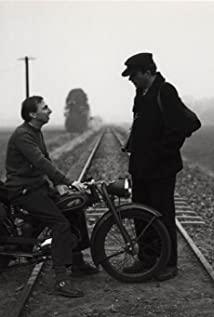The film is very interesting, and most of the time it shows the family's life in Africa from the perspective of a child, although at first the girl's mother often complained that she was not adapted to life in Africa. Compared with adults, her daughter quickly adapted and integrated into African culture and life. What I saw in my association with the African child was a white-skinned African girl. There's a scene in the movie that left a deep impression on me: when the girl tells the African boy that they are all grown up and that she can't take off her clothes again so that he can see her body, the black boy says that all the girls are here with them. She didn't wear clothes, and in his eyes, she was just like them. So the girl took off her clothes and ran into the distance to play with the child. This plot also shows that the girl has been fully integrated into African culture and life. The black housekeeper of the little girl's family took good care of their family and established a deep friendship with them, which is another highlight of the film. But they were Germans, and the family returned to Germany after the war. The girl's father is great. He did not abandon the motherland because the motherland abandoned them. He resolutely returned to the embrace of the motherland when the motherland needed him most. And the girl will always remember Africa, the land where she grew up.
Beyond the movie, this is actually a true story. There is an autobiographical novel of the same name, which shows in more detail the author, the little girl in the film, the life in Africa and the story after leaving Africa. I recommend it to everyone.
View more about Nowhere in Africa reviews











